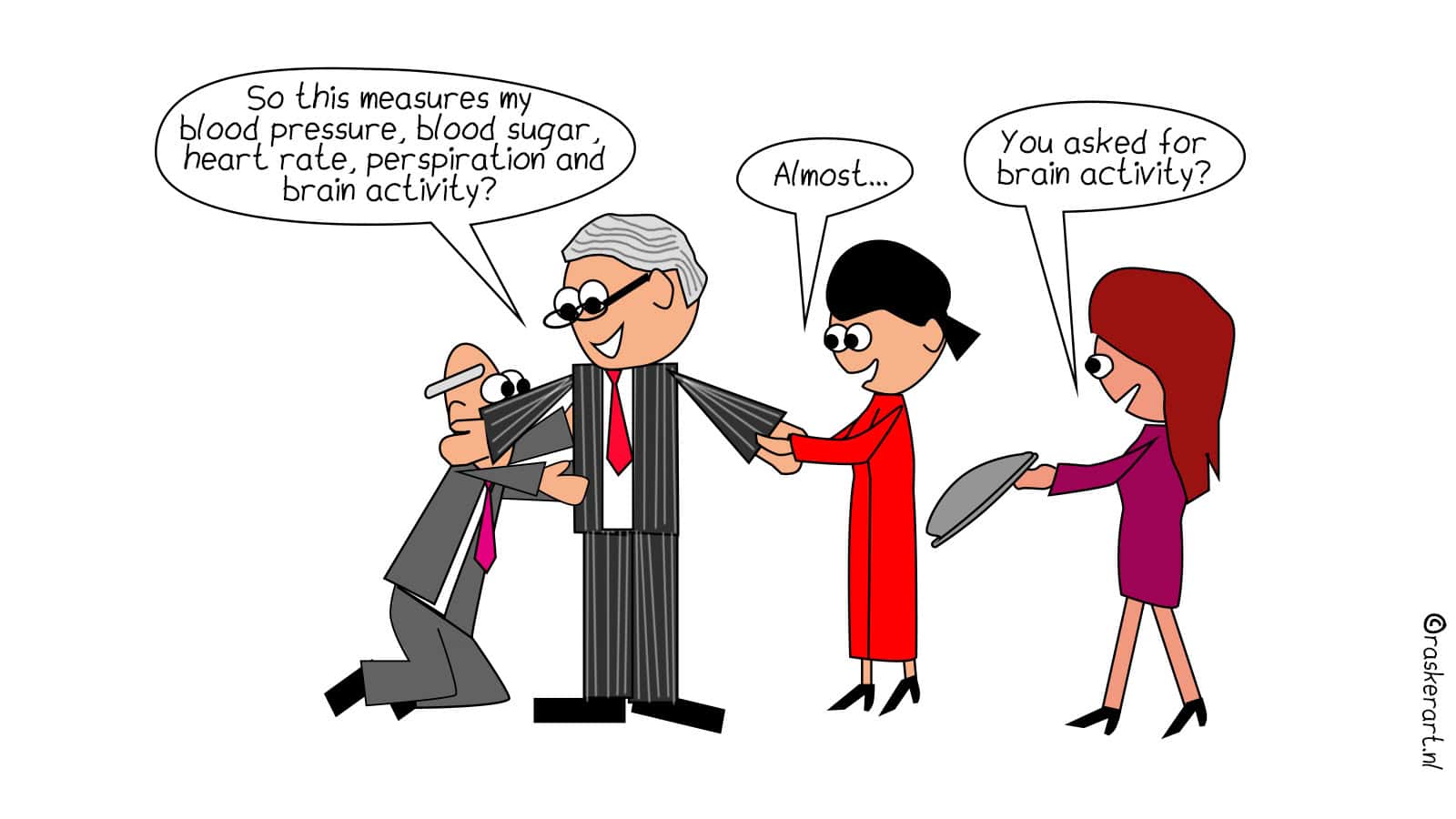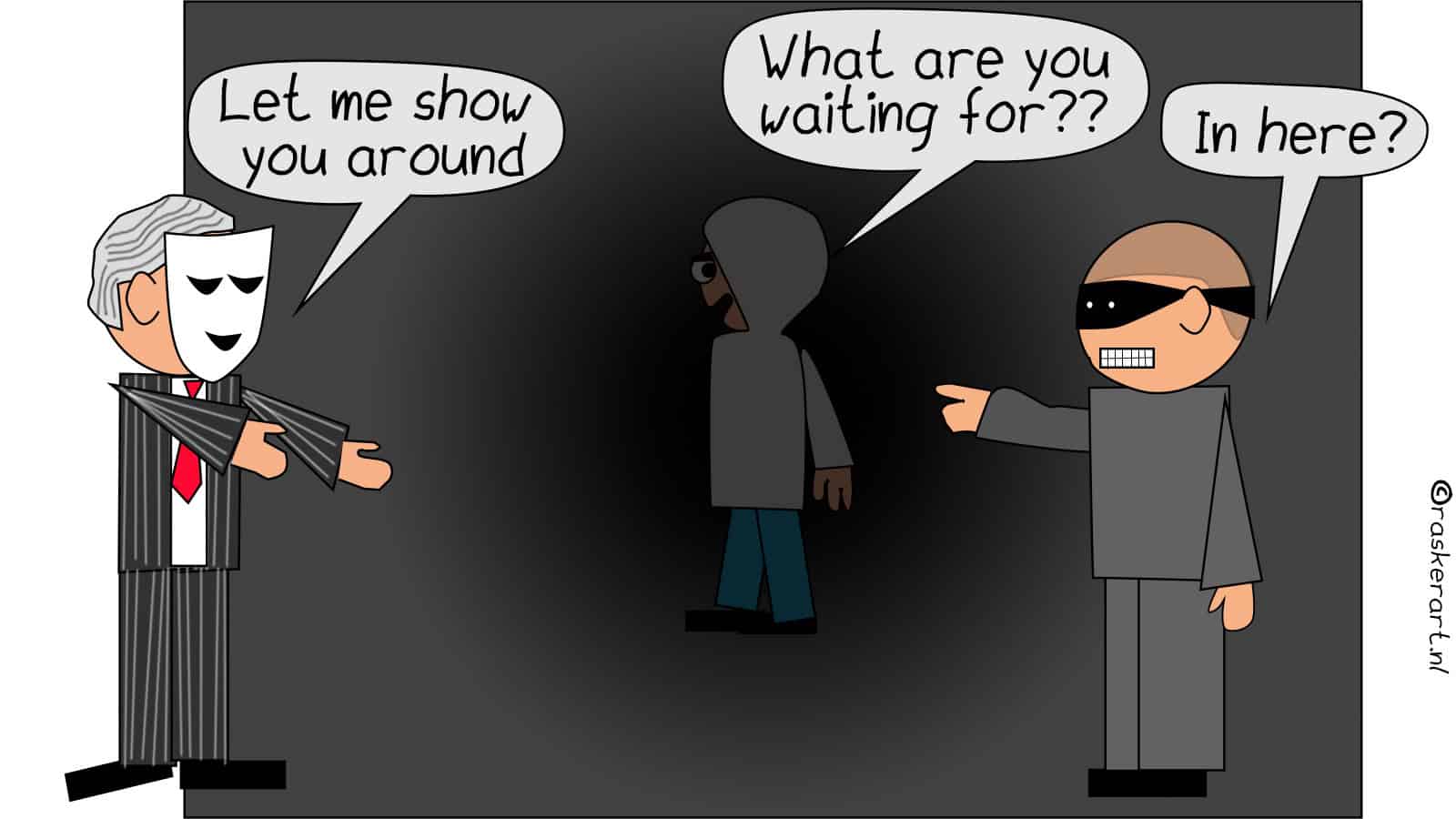
No one knows for sure what mobility will look like in the future. However, there are indicators that the variety of forms and offers will increase. Regardless of which forms of mobility prevail, digital technology will definitely play a major role. The “Multimodal Mobility Tübingen 2025 (MOMENT)” project is researching how a so-called multimodal app can become the key to networked mobility use and pave the way to a reduction in individual traffic.
The project is a collaboration between the Urban and Regional Development working group of the Department of Geosciences/Research Department of Geography at the University of Tübingen, Germany and the city administration and public utilities of Tübingen, which commissioned the project. The results of a scientific survey conducted in February and March 2020 are now available. A total of 325 persons were interviewed, whose complete questionnaires were included in the evaluation.
Simple, flexible and reliable mobility
The results showed that a multimodal app could trigger change processes in mobility behavior. A total of 84 percent of those surveyed see the networking of different means of transport and mobility offers as positive. At the same time, they would like to see infrastructure and mobility services expanded. This applies primarily to buses (75.5 percent) and sharing services: 62.7 percent for car sharing, 57.3 percent for e-cars and 55.2 percent for rental bikes. In addition, 47.1 percent of those surveyed would like to see more e-scooters and 35.4 percent more e-kick-scooters.
The results also showed that the means of transport is not as important as getting from A to B punctually, reliably, flexibly and comfortably, no matter what vehicle you use. “To achieve the progress in the mobility and transport sector that is essential for climate protection while simultaneously scaling back CO2 emissions, individual traffic must be reduced,” the researchers stated. Plus, fewer individual traffic participants in city centers with unrestricted, optimally balanced mobility options could enhance the quality of life in urban areas in the future.
“All obstacles to unrestricted, cross-platform, cross-provider, flexible mobility must be removed as far as possible. The combined use of mobility offers and local public transport must have clear advantages over private transport, especially in cities,” explains Ortwin Wiebecke, Managing Director of the Tübingen public utility company. “Then there is a greater chance that people will be persuaded to use the multimodal mobility offers permanently instead of relying on their own car.”
Any app must be easy to use
On the other hand, the survey also revealed that a lot of persuasion is still needed to achieve this goal. Only 34 percent of those surveyed would currently be prepared to give up their own car with the help of a well-functioning multimodal app. However, if the app also offered the option of booking transportation or mobility services directly, 41 percent would be willing to do so. But 39 percent would never give up their own car.
“Any app must be easy to use,” says Prof. Olaf Kühne, project manager of the research group at the University of Tübingen. “To be competitive on the market, it must also offer at least a comparable performance to existing mobility apps in terms of real-time functionality, price and exact destination information.
Digital networking as an opportunity for future mobility
Almost all mobility providers already have at least one digital platform. Several have their own apps, but they are not linked to each other. Thus if someone wants to combine various means of transportation and offers in a flexible way, it gets complicated. “The prospect of no longer having to use different provider apps – each with their own logins, operating concepts and payment systems – improves users’ willingness to use different mobility offers in combination,” say the scientists. According to the study, a multimodal app should enable various things: precise navigation to the destination (93 percent), a total price (93 percent), information and updates in real time (92 percent) and in-app payment (81 percent). The possibility to book a combined ticket would be welcomed by 85 percent of those surveyed, while 72 percent would like to be able to pay directly via the app.
Ideally, a multimodal app should bundle all available mobility offers in Tübingen and the region “like a Swiss Army knife” and make them seamlessly accessible. The project partners now want to work on such an app until at least March 2021 to determine what it could look like, what it would have to do and where the opportunities and limits lie.
The project is funded by the German Federal Ministry of Education and Research (BMBF) within the framework of the guideline for funding projects on the topic “Mobility Workshop 2025 to promote systemic, transdisciplinary and implementation-oriented mobility research.” In spring 2021 a decision will be made on whether the project can be continued in a follow-up project phase.






